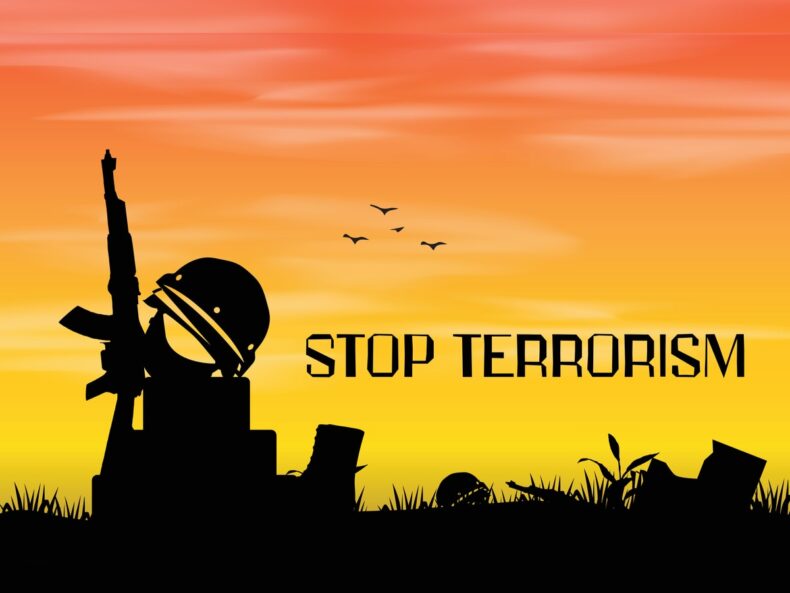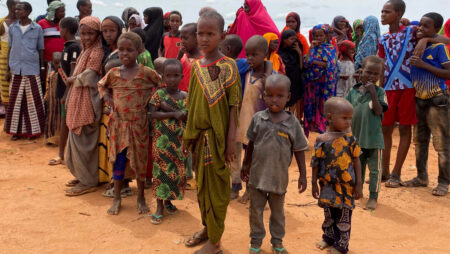India has been at the front in supporting UN efforts to promote the cause of victims of terrorism. As briefed by India’s Permanent representative at the United Nations, Ruchira Kamboj calls for a developed legal framework for fighting terrorism at an international level.
Kamboj stated at the first Global Congress of Terrorism Victims that Indian territory has been a victim of state-sponsored cross-border terrorism for more than three decades and understands the human cost of terrorism and its long-term impact on victims and families of victims.
India is a sovereign nation, takes its decision on its own and prioritises to help terrorist victims and protect their dignity.”
In India, we have witnessed terrorism since the longest of times. A terrorist outfit such as Al Qaeda or Lashkar-e-taeba have taken many lives since their inception. Whether it be the Bombay serial blasts in 1993 or the 26/11 attack. Both had, in some way or another, roots in either organisation.

The world’s problems in fighting terrorism
Climate change, terrorism, and the backlash against globalization are the three most significant challenges to civilization, according to Prime Minister Narendra Modi in a speech at the World Economic Forum’s Annual Meeting 2018.
Terrorism, in fact, is an attack on the values that define the international community, and it severely limits the enjoyment of human rights, including the right to life.”
Women and children are particularly more vulnerable to human rights infringements and abuses by terrorists. In order to care and save women, children and humans from terrorist attack and victimization.Therefore absolute eradication of Terrorism from the face of the earth is necessary.
“Multicultural societies are increasingly targeted by terrorists in such insidious attempts.” Those who promote intolerance and exclusivism seek to undermine the strengths of diversity and pluralism. “There has never been a greater need for us to demonstrate zero tolerance for terrorism and violent extremism,” she said.
India’s attempt for fighting terrorism
Kamboj also emphasized India’s commitment to combating terrorism and assisting victims of terrorism. India had co-sponsored the GA resolutions – “Enhancement of international cooperation to assist victims of terrorism,’ which is aimed at raising awareness and assisting victims of terrorism in meeting their needs.
She emphasised that India had also constructively contributed to strengthening the language of provisions related to terrorist victims in the Global Counter-Terrorism Strategy’s 7th review resolution (GCTS).
India advocates the establishment of a voluntary monetary fund which aims at empowering Member States’ efforts in helping victims of a terrorist attack through national systems.
She said there is a need for a Comprehensive Convention on International Terrorism, as well as developing appropriate regulatory frameworks for prosecuting terrorists and organizations that finance or provide resources.
Keeping this in perspective, the way forward is together and the approach should be consolidated and not fragmented.
According to Kamboj, there can be no rationale for any form of terrorism. Terrorism must be countered on all fronts and in all places.
Efforts through organisations
“The Congress is a tribute to the victims of terrorism across the globe, including my country,” India’s permanent representative said, congratulating the UN Office for Counter-Terrorism and the Group of Friends for Victims of Terrorism on organising the first Global Congress of the Victims of Terrorism.
The UN Global Counter-Terrorism Strategy in the form of a resolution Plan of Action is composed of 4 pillars, namely:
- Reducing terrorism’s spread by addressing its enabling conditions
- Measures to prevent and combat terrorism
- Developing states’ capacity to prevent and combat terrorism and strengthening the UN system’s role in that regard
- The rule of law as the fundamental basis for preventing terrorism and ensuring respect for human rights.













